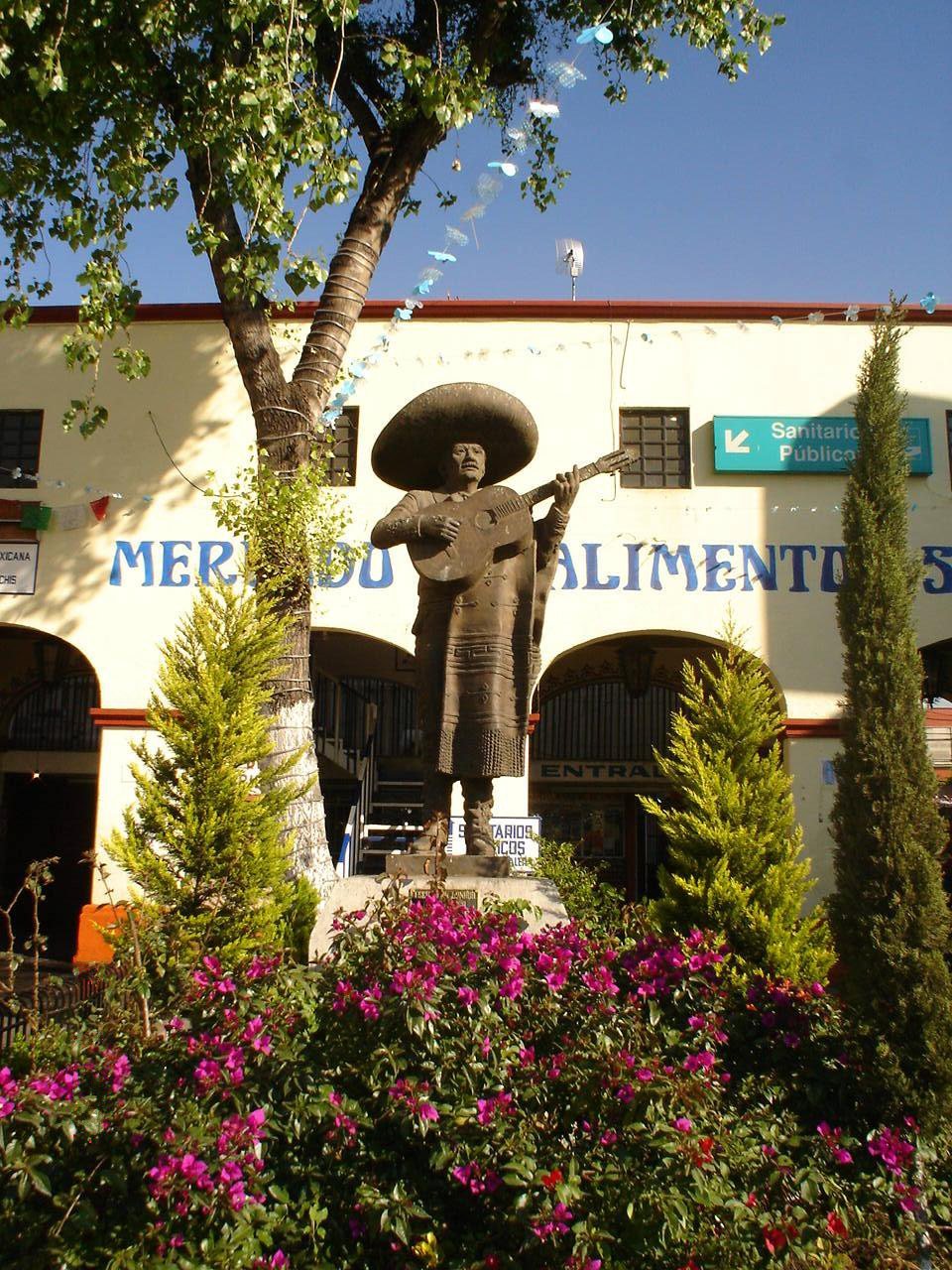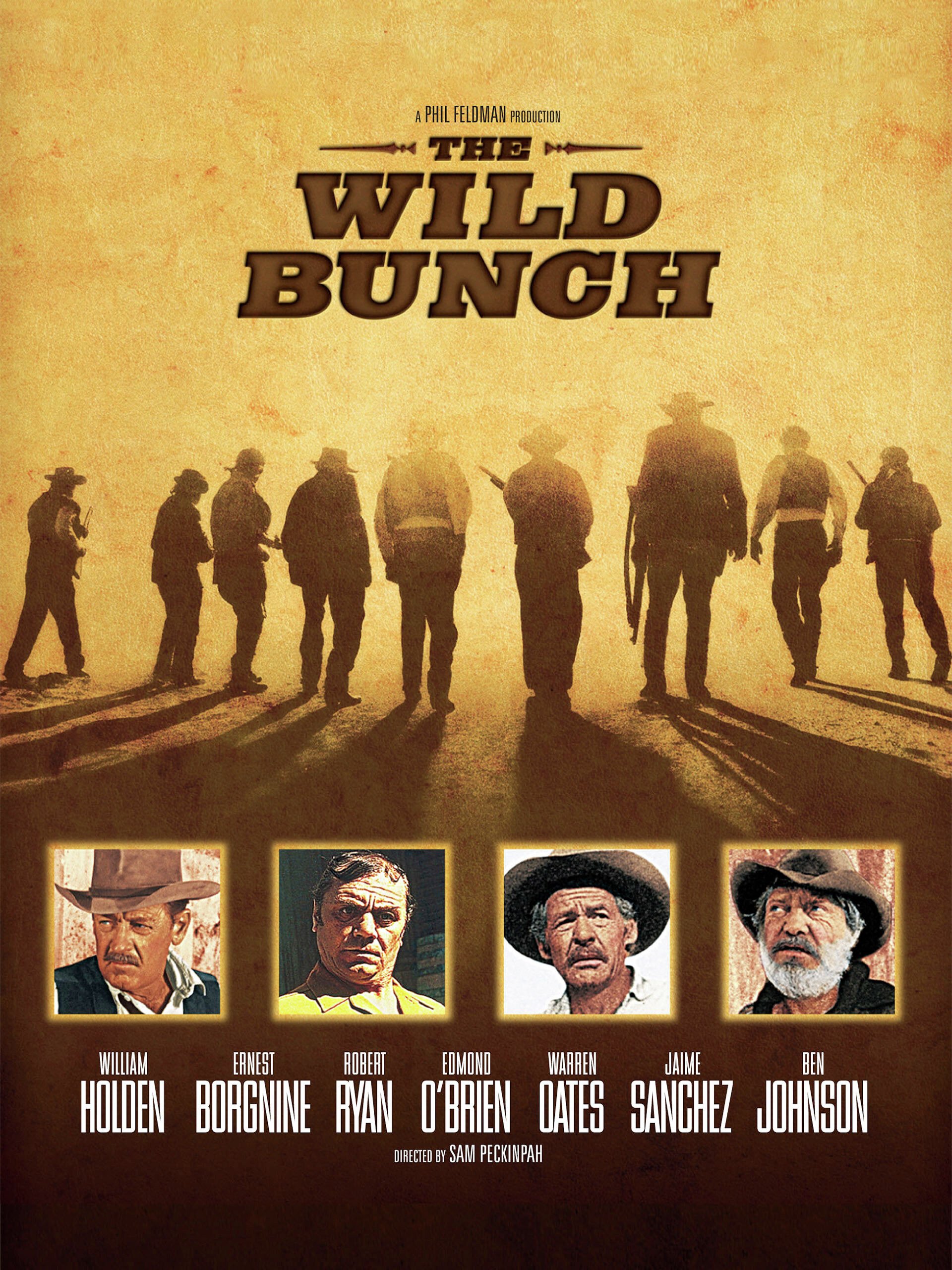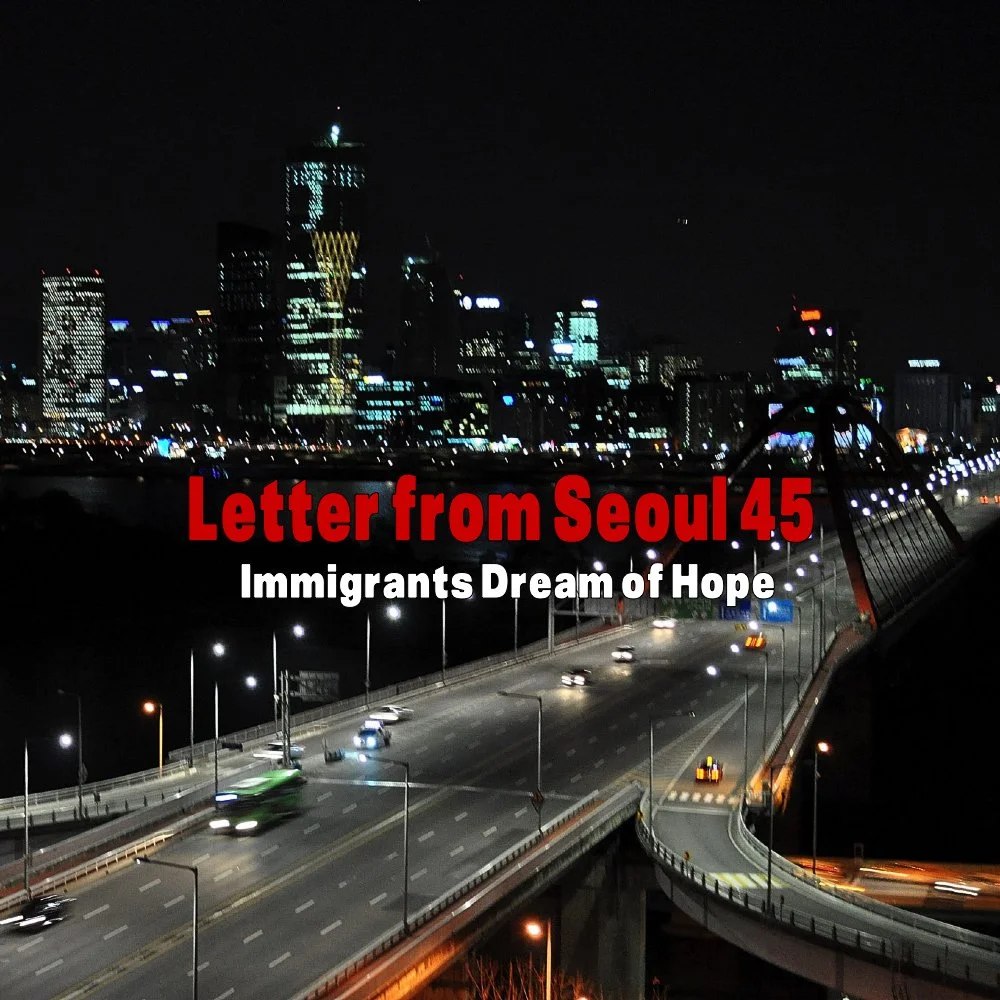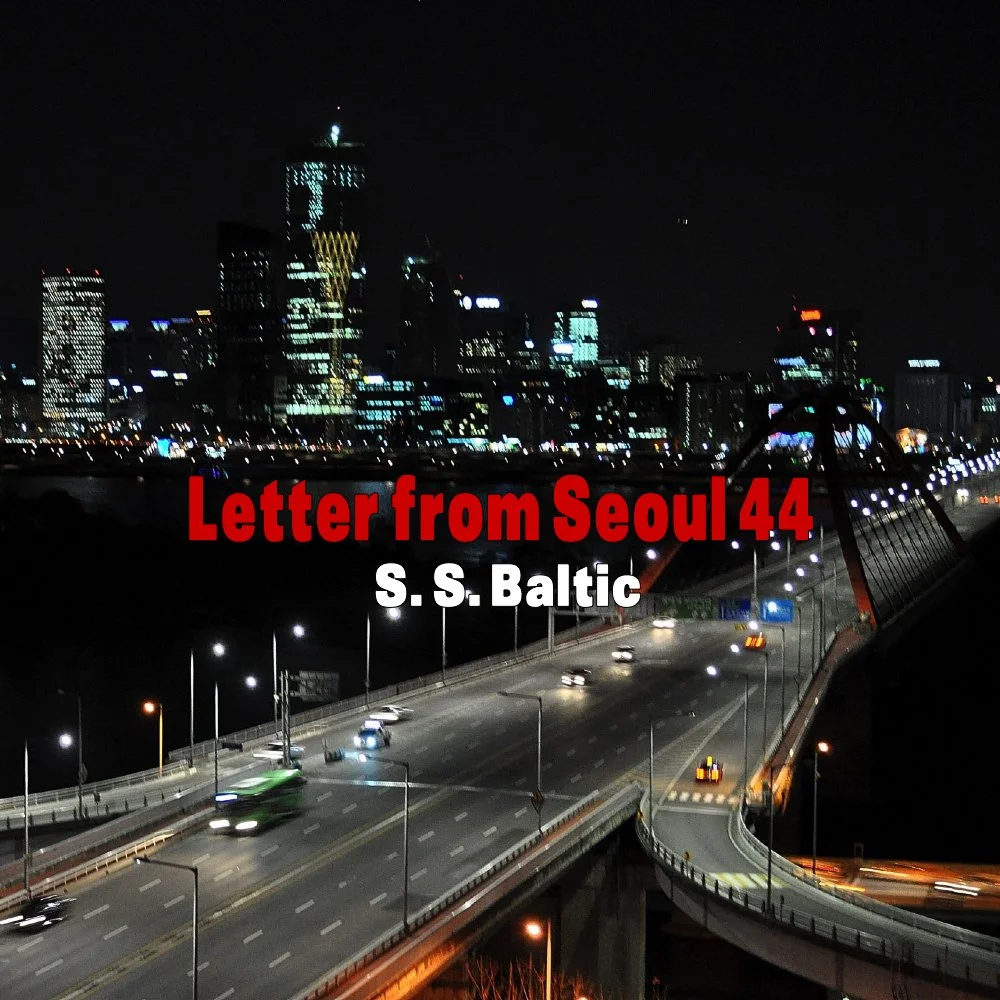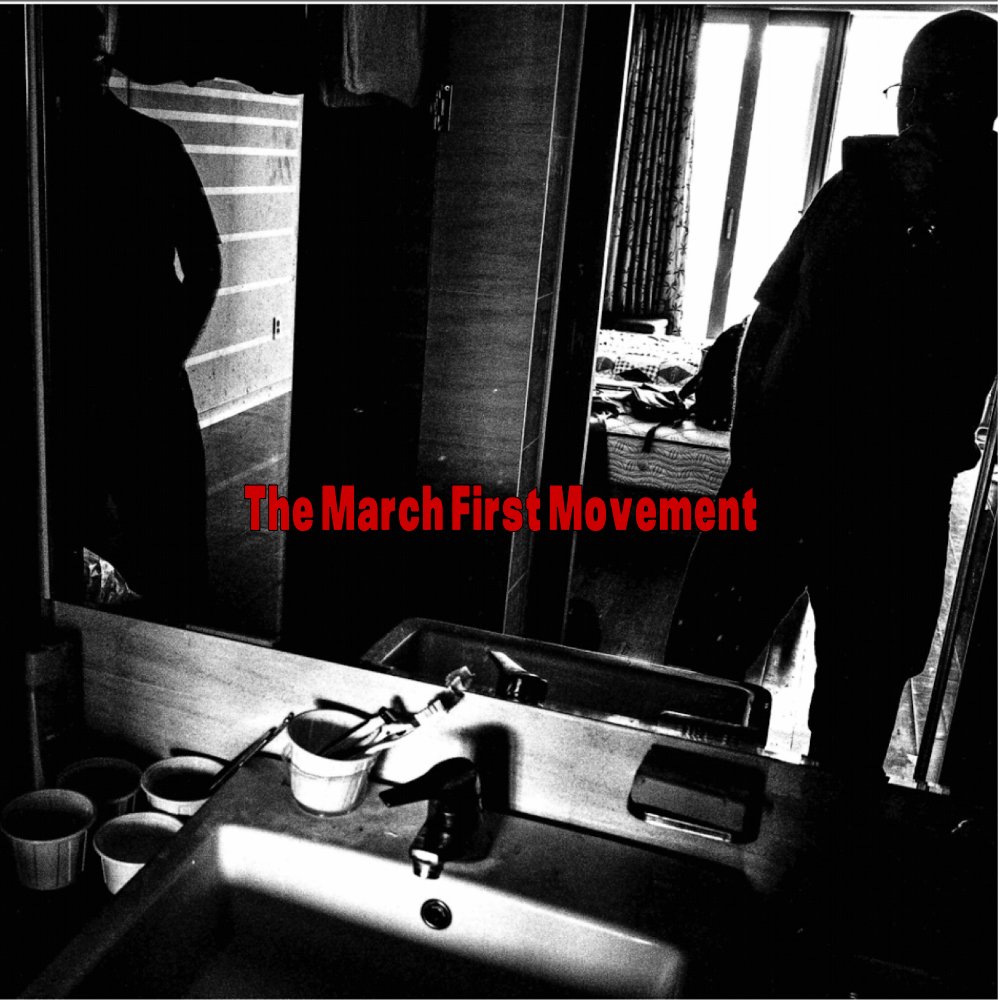Letters from Seoul 36/a
P:
I hope you are alive and well in Genoa. For Americans, the most notable resident of your city is Columbus.
The fact that October 12 is a longstanding national holiday in my country (“Columbus sailed the ocean blue in 1492”) defies logic, since he never stepped foot in present-day America. If that is not enough, the capital of my country is Washington, District of Columbia.
Both these matters fill most people with Native American heritage with pure disgust. Of course, it’s no different than Jews being expected to say nothing about a National Holiday for Hitler; the Palestinians accepting a similar festive occasion for war criminal Netanyahu; Ukrainians doing likewise for Putin.
I’m sure you’re aware of how Mexicans revere Garibaldi, with a major plaza honoring him in Mexico City. His grandson, Peppino Garibaldi, fought in the Mexican Revolution (1910-1920), and his actions during the Battle of Nuevo Casas Grandes en el estado de Chihuahua in March, 1911 resulted in Mexicans paying homage to his grandfather, and the family’s commitment to liberty.
Peckinpah’s The Wild Bunch (1969) depicts Mexico on the eve of revolution in 1910.
Americans are generally taught that the Japanese attack at Pearl harbor on December 7, 1941 was the first such occasion by a foreign enemy. File this under Lies My Teacher Taught Me.
- The British burned the White House on August 24, 1814. The two countries agreed to a stalemate on February 17, 1815.
- During the Mexican Revolution, Pancho Villa invaded New Mexico and attacked the town of Columbus (there he is again ... Columbus) on March 19, 1916. Villa and his men killed 17 Americans. Chihuahua shares a border with New Mexico and a bit of Texas.
In turn, the Americans pursued Villa in northern Chihuahua under the command of General John Pershing and his right-hand man, Colonel George Patton. At the time, Pershing was involved with Patton’s sister. The pursuit of Villa proved pointless because of the rough terrain of Chihuahua, and the willingness of the local Mexicans to provide cover for Villa and his men.
Eighteen months later, both Pershing and Patton were in France to fight the Germans in World War I. Since the Great War put an end to waging war with cavalry charges (see Spielberg’s War Horse), Patton became a master tank commander in preparation for the unfinished business of what November 11, 1918 tried to achieve. And Patton studied everything possible about Erwin Rommel – who he respected, and knew he would ultimately confront.
During my New Mexico Period (1980-1981), I knocked around Chihuahua. At the time, I lived in Silver City, about an hour from the border. I spent an evening in Nuevo Casas Grandes where Pepino Garibaldi distinguished himself during the Mexican Revolution. I was in the company of my American-Japanese friend from high school days – who was mistaken several times for being Mexican, when he wore sunglasses.
That evening, we stepped into a bar, and it’s the only time in my life when I witnessed a fight break out between two men that resulted in beer bottles being smashed and hurled at each other, with fistfights breaking out among other male customers. We didn’t bother finishing our cervezas, and got far the fuck away.
Later, we made our way to Ciudad Chihuahua, and a train trip to Canyon de Cobre – allegedly four-times larger than the Grand Canyon in Arizona.
Yet I digress, as usual.


